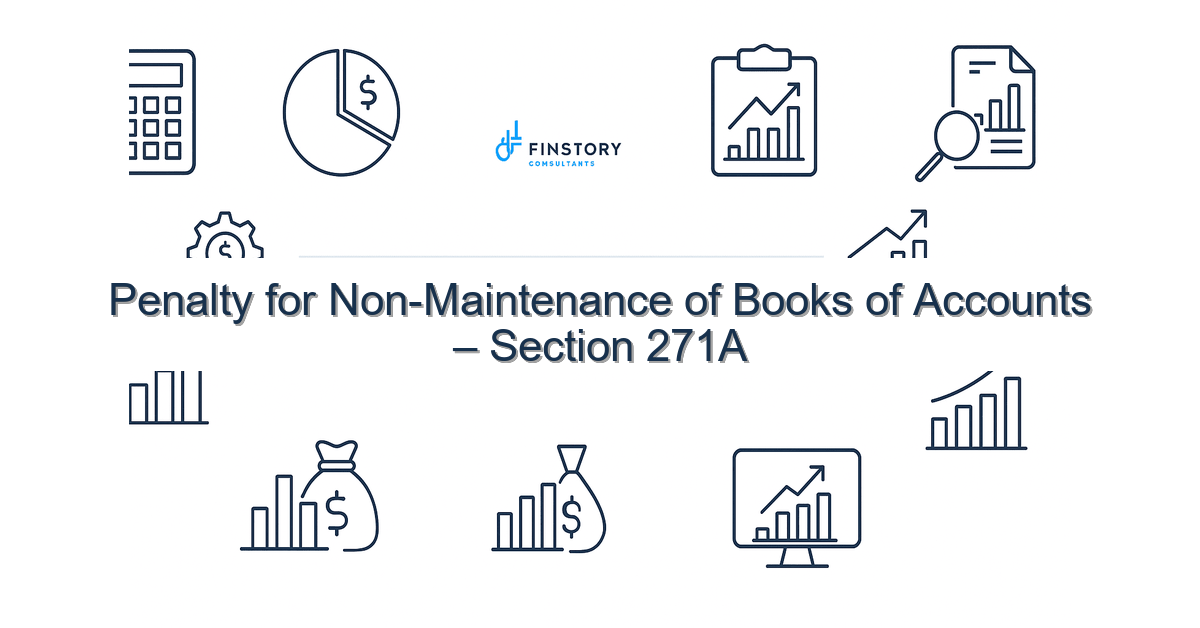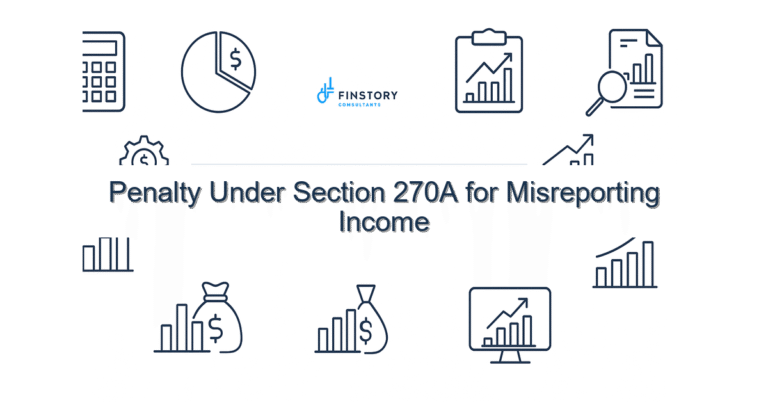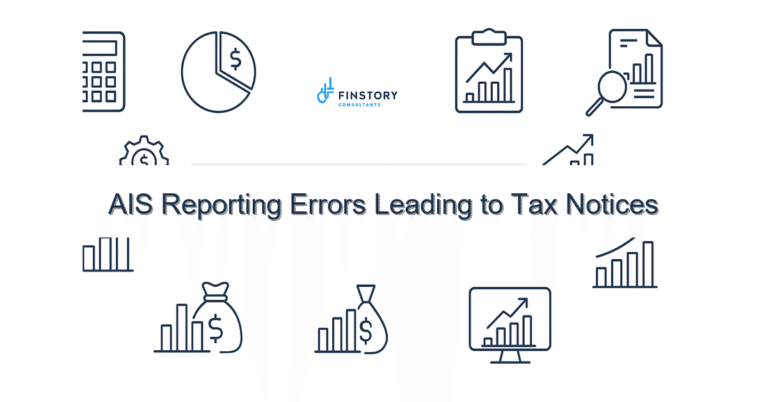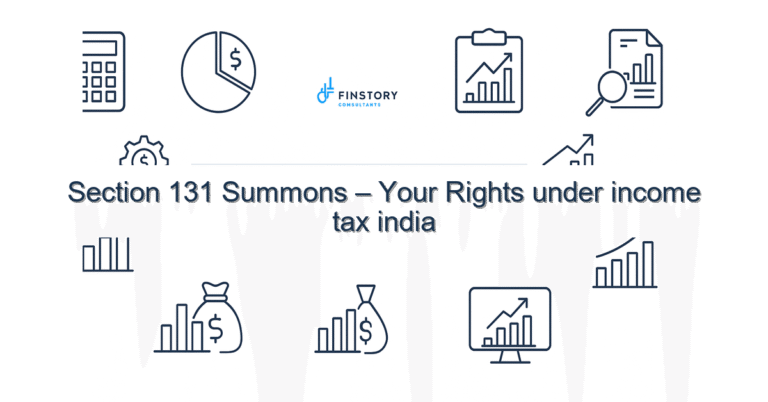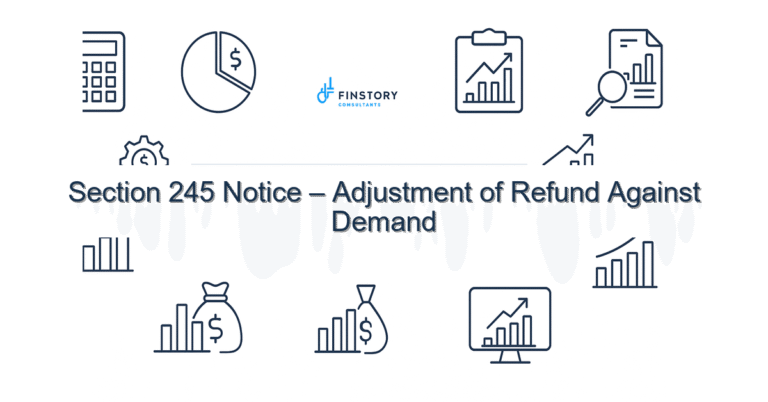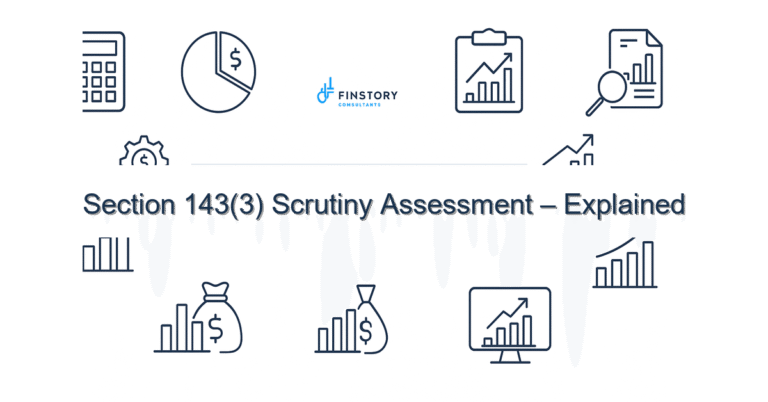Penalty for Non-Maintenance of Books of Accounts – Section 271A
Falling behind on bookkeeping or dreading notices from the tax department is stressful — especially when you run a small business, work as a professional, or juggle a startup. Many taxpayers worry about hefty penalties for simple record-keeping mistakes.
Summary: Section 271A can attract a penalty (commonly up to Rs.25,000) if you fail to maintain books of account as required under Section 44AA. For most salaried people this won’t apply, but it matters a lot for professionals, MSMEs, founders and freelancing professionals. Be proactive: correct gaps now, retain supporting documents, and you can avoid notices, disputes and higher assessments.
What’s the real problem in India?
India’s tax system expects businesses and certain professionals to keep precise books to determine income and verify deductions. The Central Board of Direct Taxes (CBDT) issues rules and timelines, and the Income Tax Department uses AY/PY (Assessment Year/Previous Year) references in notices. Confusion arises over which forms and records are required, how long to retain them, and how the e-filing portal links to TDS/TCS and AIS/26AS data.
- Symptoms: Receiving an intimation or notice asking for books or calling out mismatches with AIS/26AS.
- Symptoms: Discovering missing bills, invoices or bank statements during ITR filing or an audit.
- Symptoms: Not knowing whether Section 44AA applies to your profession or business turnover.
- Symptoms: TDS/TCS entries not matching your records, causing worry about assessments.
What people get wrong
Here are common pitfalls taxpayers in India make:
- Assuming bookkeeping rules don’t apply: Many professionals believe they’re exempt when turnover crosses thresholds or they opt for presumptive taxation without understanding limits.
- Mixing personal and business finances: This creates difficulty proving expenses and may trigger penalties.
- Ignoring notices: Small notices escalate into penalties. Late responses reduce chances to negotiate.
- Relying purely on memory: Not retaining invoices, GST returns or bank statements makes it hard to justify expenses or capital gains indexation calculations.
A better approach
Adopt a simple, repeatable compliance framework to stay safe under Section 271A and related provisions.
- Confirm applicability: Check Section 44AA thresholds for your profession or business and determine if books must be maintained.
- Standardise records: Maintain ledgers, invoices, bank statements, and digital backups aligned with the income tax india requirements.
- Reconcile quarterly: Match your books with AIS/26AS, TDS/TCS statements and bank statements every quarter.
- Document decisions: For expenses or capital assets, keep bills and calculations (for items like capital gains indexation).
- Respond early: If you receive a notice, reply with facts and supporting documents or seek expert help immediately.
Real-world example: A small design studio with Rs. 25 lakh turnover was flagged for missing invoices. By implementing quarterly reconciliation and digitising bills they closed gaps within three months and avoided a Rs.25,000 penalty that was initially proposed.
Quick implementation checklist
- Confirm whether Section 44AA applies to you (profession/business & turnover thresholds).
- List required records: sales register, purchase register, bank statements, fixed assets register, invoices and GST returns.
- Set up a simple accounting system (even cloud-based or spreadsheet) and start entering data weekly.
- Reconcile TDS/TCS with AIS/26AS monthly via the e-filing portal.
- Digitise physical bills and store them with naming conventions (FY_Invoice_Vendor_Date).
- Retain records for at least the statutory period (generally 6 years from end of AY) unless notice demands otherwise.
- Prepare a note on significant transactions (loans, capital purchases, sales of assets) including capital gains indexation calculations.
- Check ITR facts before filing — reconcile income, TDS, and tax credits to avoid mismatch notices (remember ITR filing last date rules).
- If unsure about deductions like Section 80C limit claims or choosing new vs old regime slabs, consult a tax expert before filing.
What success looks like
- Fewer departmental notices — decline in frequency of book-related queries.
- Reduction in penalties — avoid the standard Rs.25,000 under Section 271A for qualifying failures.
- Faster ITR processing and refunds due to clean reconciled returns and accurate AIS/26AS matches.
- Improved ability to claim legitimate deductions (e.g., Section 80C limit claims) with supporting documents.
- Better readiness for funding or audits because financials are organised and verifiable.
Risks & how to manage them
Risk: Receiving a penalty notice under Section 271A (commonly up to Rs.25,000). Manage it: respond with proof of books, explain genuine omissions, and request reasonable opportunity. If penalty imposed, you can appeal (CIT(A) and onward). Courts sometimes reduce penalties where non-maintenance was not willful.
Risk: Mismatch between TDS/TCS and your books. Manage it: reconcile AIS/26AS, contact deductors for correction, and file corrected TDS returns if needed.
Tools & data
Use these India-specific tools to stay compliant:
- AIS/26AS — check tax credits and TDS/TCS entries before filing.
- Income tax e-filing portal — to view notices, file returns and respond to communications.
- Simple accounting software or GST-enabled billing tools for invoices and ledgers.
- TDS/TCS tracking tools and reconciliations to ensure amounts shown in AIS/26AS match your records.
- Bank statement download routines and cloud storage for document retention and audit trails.
FAQs
Q: Who must maintain books under Section 44AA and risk penalty under 271A?
A: Professionals (doctors, lawyers, architects, accountants) and businesses crossing specified turnover/profit thresholds under Section 44AA must maintain books. If you are uncertain, check thresholds or consult an expert.
Q: How much is the penalty under Section 271A?
A: The standard penalty amount commonly attracted is Rs.25,000 for failure to maintain books as required. However, facts and judicial outcomes can influence final amounts — appeals may reduce penalties.
Q: I received a notice citing mismatches with AIS/26AS. What should I do?
A: Reconcile immediately, gather supporting invoices or bank entries, correct any TDS/TCS mistakes with the deductor, and reply to the notice with evidence. If needed, engage a tax advisor.
Q: Does using presumptive taxation remove the need to maintain books?
A: Not always. Presumptive schemes have conditions; some taxpayers are still required to maintain records under Section 44AA. Confirm applicability before assuming exemption.
Next steps
If you run a practice, MSME, or are a founder juggling books and compliance, don’t wait for a notice. Get a quick compliance health-check: we’ll review whether Section 44AA applies, reconcile your AIS/26AS and TDS/TCS entries, and prepare missing records so you can avoid penalties like those under Section 271A. For broader tax planning we can also discuss ITR filing last date pressures, tax-saving options within Section 80C limit, or choosing between new vs old regime slabs.
Work with Finstory. Speak with an Expert for a personalised plan to reduce your tax outgo and stay compliant. Book a free 20-min consultation.
📞 Need help with Income Tax in India?
Book a 20-min consultation with our tax team. Individuals, founders & MSMEs welcome.
Prefer email or phone? Write to info@finstory.net
or call +91 44-45811170.
